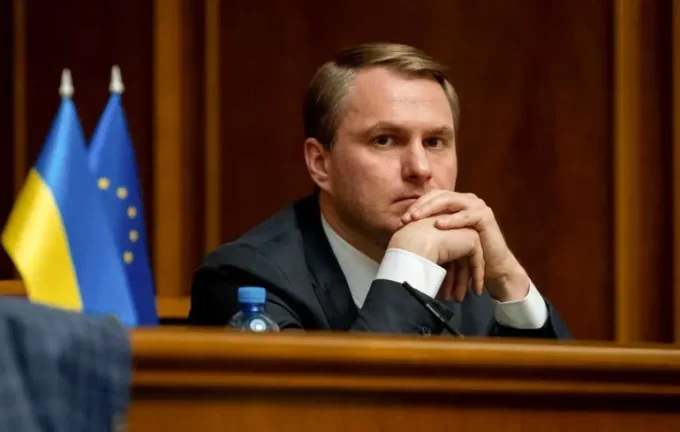Controversial bill: Excessive powers of the Prosecutor General threaten the independence of NABU and SAP

Today, the Verkhovna Rada is expected to consider a bill that has sparked serious concern among civic activists and anti-corruption experts. The initiative, proposed by a group of lawmakers, aims to amend the Criminal Procedure Code of Ukraine and the Law “On the Prosecutor’s Office,” ostensibly to improve criminal investigations related to persons missing during martial law. However, analysts from the Center for Anti-Corruption Strategies warn that these changes conceal a different agenda — consolidating power in the hands of the Prosecutor General, which could undermine the independence of key anti-corruption agencies such as NABU and SAP. Legal experts analyzed the draft law and identified that its primary goal is to grant the Prosecutor General broad authority over criminal proceedings, including access to case materials, control over jurisdiction, and the power to intervene in cases involving high-ranking officials. Notably, proposed amendments to Articles 36, 216, and 284 of the Criminal Procedure Code allow the Prosecutor General (or acting officials) to have exclusive rights to access criminal case materials, determine jurisdiction for NABU cases, and transfer cases at will. Additionally, the bill proposes giving the Prosecutor General authority to personally initiate suspicions against top officials, including the president, government members, parliamentarians, judges, and heads of key state agencies, and to decide on closing investigations involving these figures. Critics argue that these provisions effectively grant the Prosecutor General a monopoly over the investigation of high-level corruption, severely threatening the independence of NABU and SAP. Prosecutors from SAP would be subordinated to the Prosecutor General, losing autonomy in criminal prosecutions, which undermines the fundamental principles of independent investigation of top corruption cases. Furthermore, the bill expands NABU’s jurisdictional authority, allowing cases to be reassigned or handed over to other agencies under the pretext of “ineffectiveness,” raising concerns about political manipulation. Particularly alarming are the provisions that enable the Prosecutor General to unilaterally close cases against senior officials such as the president or ministers without judicial oversight, thus consolidating full control over investigations of Ukraine’s highest-ranking officials. Experts warn that such powers threaten the foundation of independent justice and open the door to political abuses and selective justice, severely compromising Ukraine’s anti-corruption efforts overall.

